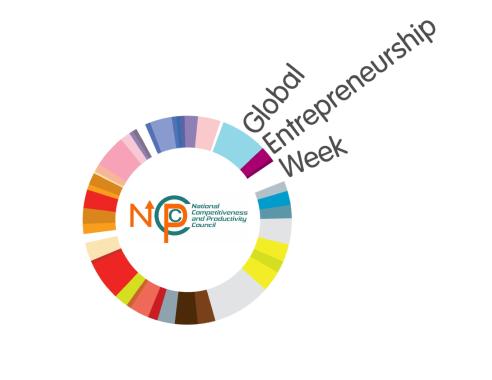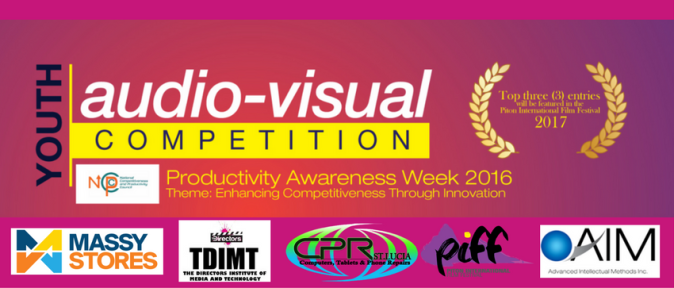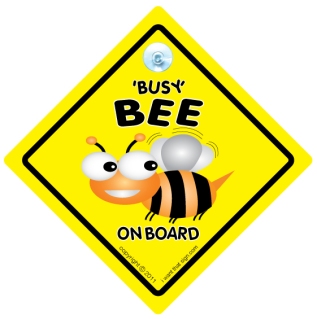 Few would dispute the benefits of a good education. The attainment of high academic achievement helps in furthering careers, aids in informed decision making and allows for the obtainment of better pay. Whilst education plays a significant role in personal development from a young age, extracurricular activities are also key.
Few would dispute the benefits of a good education. The attainment of high academic achievement helps in furthering careers, aids in informed decision making and allows for the obtainment of better pay. Whilst education plays a significant role in personal development from a young age, extracurricular activities are also key.
Recent reports indicate that extracurricular activities, such as basketball, baseball, tennis, debating, chess clubs, student council, band practice, drama, choir and computer clubs aid in the rounding out of a students’ academic career. Besides being fun and a great way to socialize with peers, extracurricular activities can enhance a students’ time management and stress management skills, helping to improve their overall productivity.
Within the online article, “The Importance of Extracurricular Activities for Teens”, on the ‘I Have a Plan Iowa!’ website, school counsellor Kenny Smith states, “Studies show that students in extracurricular activities have higher academic scores. They learn to manage their time, relieve stress and learn to strive for excellence in more than one thing. Students who are involved in team sports learn to work in groups. Their written and oral communication skills also improve. These things cross over into real life.”
The development of social skills, improved academic performance, and the ability to build strong supportive relationships with adults (other than parents), can also result through extracurricular activities. However, what is learned through the experience depends largely on the age of the child. Benefits to younger children include social and academic skill development which can lead to improved conflict management and better school attendance. Pre-teens become more engaged at school and more attentive in class. They are also less likely to be involved in violent behaviour during school time. Benefits to adolescents are the most significant however. Older teens need guidance to grow into productive adulthood. They need to be deterred from anti-social behaviour and steered towards positive practices. With most extracurricular activities being held straight after school, teens remain engaged during hours usually associated with adolescent misconduct. Also, activities engaged in provide extra time for career exploration, skill development, service learning and internships, which are vital aids to those about to leave school.
Presently extracurricular activities also bear some importance within tertiary education establishments who look to the activities listed on college and university applications when determining whether an applicant would be a productive student.
As Marjorie Hansen Shaevitz states in her Huffington Post article ‘What College Admissions Offices Look for in Extracurricular Activities’, “Admissions officers look first at test scores, the rigor of the courses you take, and your grades in those courses. After that, they are interested in a student’s extracurricular activities — in other words, how you spend your time outside of classes. Colleges care about the character of people they admit; therefore, what you do after school, during weekends and over summers tells them a lot about the kind of person you are.’
She goes on’ “Extracurricular activities are the major way students can demonstrate how unique they are, possibly more interesting, even “better” than other student applicants.”
There are certain skills that need to be developed over time which will aid in the shaping of a productive individual. Yet, it must be remembered that the development of an individual is measured not only in terms of intellectual capacity but also in character and social skills. Therefore, to allow for a well-rounded development of the youth, students should be encouraged and properly guided in all of their activities (curricular and extracurricular). Productive extracurricular activities that do not undermine academic performance should be encouraged and utilized as avenues to teach the qualities of ethical leadership, teamwork and so much more.
About the National Competitiveness and Productivity Council (NCPC)
Established in October 2013, The National Competitiveness and Productivity Council (NCPC) is responsible for the identification of key issues related to competitiveness and productivity in Saint Lucia.
The NCPC and its Technical Secretariat is committed to providing the necessary advocacy and research to produce timely and effective recommendations to policymakers on issues that affect both competitiveness and productivity on island. For more information about productivity or on the NCPC, visit www.stluciancpc.org; www.facebook.com/stluciancpc, call 468-5571/5576 or send an e-mail to stluciancpc@gmail.com











 A desk stacked with papers; an inbox overrun with e-mails; incessant meetings; a never-ending to-do list; Does this scenario sound familiar?
A desk stacked with papers; an inbox overrun with e-mails; incessant meetings; a never-ending to-do list; Does this scenario sound familiar?